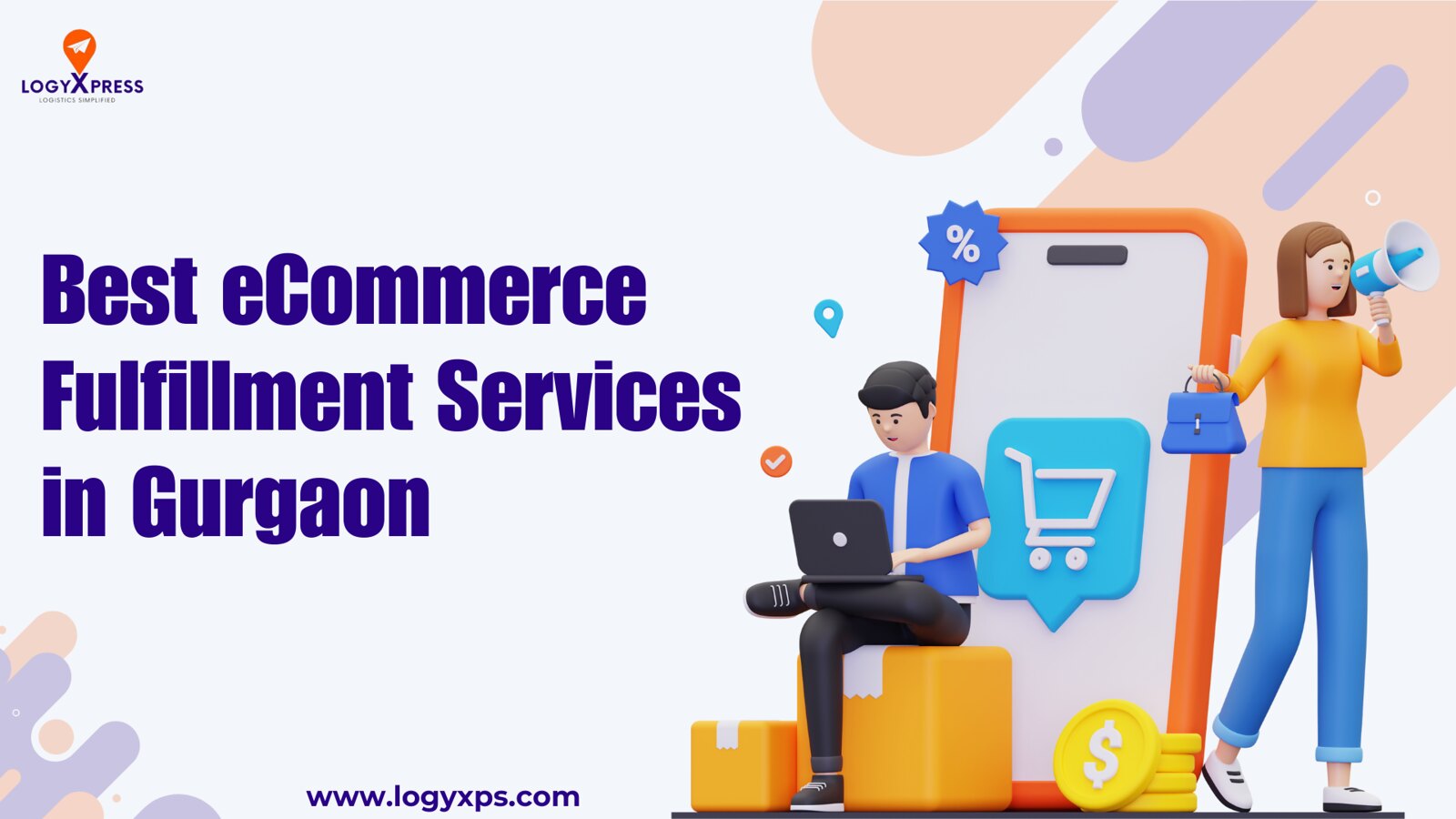Leading Patterns in Ecommerce Fulfilment: What You Need to Know for 2024
As we change into 2024, ecommerce fulfillment is poised for a series of essential modifications that services need to consider to remain affordable. In addition, the demand for customized client experiences is increasing, fueled by sophisticated information analytics. Understanding these fads is vital, yet the effects for each company may vary significantly.
Automation and AI Integration
Leveraging automation and artificial knowledge (AI) is coming to be progressively essential for ecommerce fulfillment in 2024. As consumer assumptions remain to evolve, companies must embrace sophisticated technologies to simplify operations, decrease costs, and boost customer satisfaction. Automation tools, such as robot process automation (RPA) and independent vehicles, are changing warehousing and logistics processes, allowing much faster and a lot more exact order fulfillment.
AI combination plays a crucial role popular forecasting, supply monitoring, and customized consumer experiences. By examining huge quantities of data, AI formulas can forecast buying trends, enabling firms to enhance supply levels and decrease overages or shortages. Online assistants and ai-driven chatbots are changing client service, supplying instantaneous assistance and boosting engagement.
The merging of automation and AI not only boosts operational efficiency however additionally allows services to scale rapidly in the competitive ecommerce landscape. Business accepting these technologies will certainly be well-positioned to fulfill the rising need for fast and reliable delivery services while maintaining functional dexterity. As we move into 2024, the emphasis on automation and AI assimilation will be critical for ecommerce gratification strategies, shaping the future of the sector.
Sustainability in Gratification Workflow
Sustainability in fulfillment procedures is emerging as a top priority for ecommerce businesses in 2024, driven by raising customer awareness and regulative stress. As environmental worries rise, business are reassessing their supply chains and logistics techniques to lessen their carbon impacts and improve sustainability.
Services are embracing naturally degradable products and optimizing packaging sizes to lower excess. These efforts not only reduce emissions but can additionally lead to cost financial savings. Ecommerce Fulfilment.

Purchasing renewable resource sources for warehouses and warehouse is one more essential action. Firms are increasingly integrating energy-efficient systems and solar panels to lessen their dependence on nonrenewable fuel sources.
Personalization and Customer Experience

To efficiently apply customization approaches, companies have to take advantage of client information responsibly and transparently. Understanding customer trips allows firms to prepare for his response needs and provide timely, pertinent content across different touchpoints. This not only boosts client contentment yet also promotes brand name loyalty.
Moreover, improving the total customer experience is essential. Improving the purchasing process, enhancing site usability, and supplying phenomenal customer care are vital parts. Businesses that focus on seamless communications, from searching to post-purchase support, will certainly stand apart in an affordable landscape.

Same-Day and On-Demand Delivery
Satisfying the expanding consumer demand for immediacy, same-day and on-demand distribution solutions are coming to be vital components of ecommerce logistics in 2024. As customers significantly expect fast and adaptable delivery choices, organizations need to adjust their satisfaction approaches to fulfill these assumptions.
Same-day shipment, as soon as a costs service, is now being supplied by a variety of retailers, from big firms to regional organizations. This shift is driven by advancements in technology and logistics, enabling merchants to optimize their supply chains and lower delivery times. On-demand delivery, which allows customers to obtain items at their ease, is likewise gaining traction, especially in metropolitan areas where traffic and distance can hinder traditional delivery approaches.
To successfully implement these solutions, business need to spend click for info in robust infrastructure, including reliable storehouse administration and real-time radar. In addition, partnerships with neighborhood copyright services and delivery platforms can help improve logistics. As competition intensifies, organizations that focus on on-demand and same-day shipment will certainly not just boost client contentment yet likewise distinguish themselves in a jampacked market. Accepting these fads is crucial for ecommerce companies aiming to thrive in 2024 and beyond.
Advanced Inventory Management Techniques
Leveraging sophisticated supply administration techniques is becoming significantly important for ecommerce companies aiming for operational effectiveness in 2024. As the landscape evolves, firms have to take on sophisticated systems to maximize supply levels, decrease bring prices, and improve consumer fulfillment.
Implementing just-in-time (JIT) inventory techniques allows organizations to minimize excess supply and straighten their stock with actual need (Ecommerce Fulfilment). Paired with anticipating analytics, business can forecast trends and make data-driven choices, guaranteeing that items are offered when needed without overstocking
Furthermore, the combination of automated inventory monitoring software application can simplify processes, lower human mistake, and offer real-time exposure right into stock degrees across several networks. This modern technology allows businesses to respond quickly to changes sought after and maintain smooth procedures.
Multi-location stock management methods additionally play a vital role in enhancing gratification efficiency. By strategically distributing stock throughout various gratification facilities, business can lower shipping times and prices while improving service levels.
Eventually, mastering advanced inventory administration methods will certainly be important for ecommerce services intending to flourish in the competitive market of 2024, guaranteeing they fulfill customer assumptions while keeping profitability.
Conclusion
In final thought, the landscape of ecommerce fulfillment in 2024 is poised for transformative improvements. The combination of automation and man-made knowledge, combined with a strong imp source emphasis on sustainability, will certainly redefine operational performance (Ecommerce Fulfilment). In addition, focusing on tailored customer experiences and addressing the expanding demand for same-day and on-demand shipment will certainly be critical for success. Carrying out advanced inventory management strategies will further enhance gratification techniques, ensuring that services continue to be competitive in a significantly dynamic market atmosphere.
As consumer expectations proceed to advance, organizations should embrace sophisticated innovations to enhance procedures, minimize expenses, and improve client satisfaction.As ecommerce businesses make every effort to enhance their sustainability initiatives, they are also concentrating on personalization and consumer experience as vital vehicle drivers of success in 2024.To effectively implement customization methods, organizations have to take advantage of consumer information properly and transparently. Comprehending client trips enables business to expect needs and provide timely, pertinent web content across numerous touchpoints. As competition intensifies, organizations that focus on on-demand and same-day distribution will certainly not only boost client satisfaction however additionally differentiate themselves in a crowded marketplace.